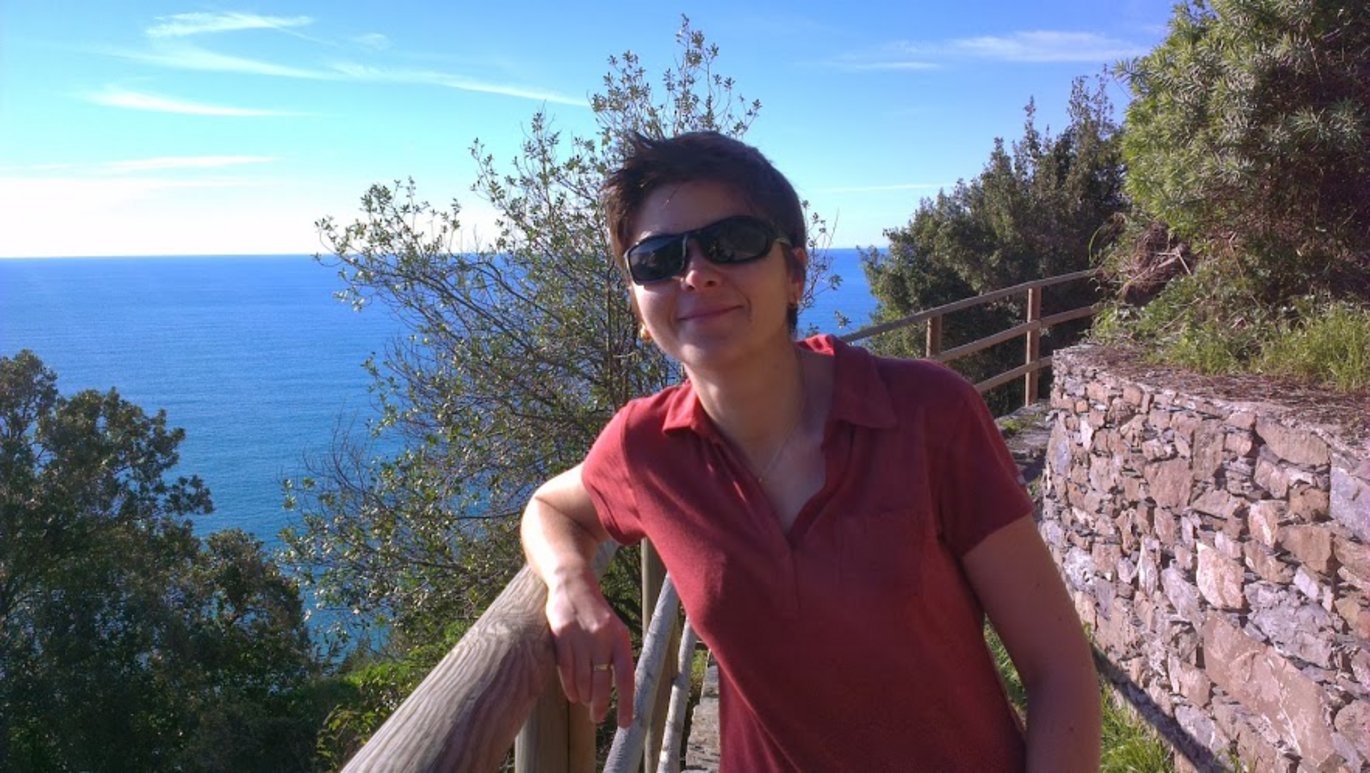Oana Vuculescu: "Search strategies on rugged landscapes"
"The saying “two heads think better than one” contains some valuable lessons. A recent trend shows that a new form of the old idea -collective problem solving - is an efficient and increasingly sought after tool: prestigious organizations such as NASA, Dell, Lego or Eli Lilly leave part of their problem solving to large groups of essentially anonymous solvers."

Info about event
Time
Location
Interacting Minds Centre, Jens Chr. Skous Vej 4, building 1483-3, Nobelparken, 8000 Aarhus C
Organizer
"Search strategies on rugged landscapes"
The saying “two heads think better than one” contains some valuable lessons (Blinder and Morgan 2000; Cooper and Kagel 2005). A recent trend shows that a new form of the old idea -collective problem solving - is an efficient and increasingly sought after tool: prestigious organizations such as NASA, Dell, Lego or Eli Lilly leave part of their problem solving to large groups of essentially anonymous solvers (Boudreau and Lakhani 2013; Lakhani, Lifshitz-Assaf et al. 2013) and resort to online platforms such as TopCoder, InnoCentive or Lego Idea. People have long tried to apply the old insight in organizing problem solving: e.g. in the 1756 British “Longitude prize”[1] (Brabham 2008) as well as organizational routines such as brain-storming or the Delphi method.
Surprisingly though, while there seems to be vast consensus that in the context of online communities, but also inside an organization, “distant search” can be an incredibly powerful tool, there is not a lot of literature focusing on distant search and this hampers our understanding of how or whether collective problem solving really works. Organizational and individual learning studies have thus far mainly focused model-free learning that is, searching by trial and error. As such, a consistent body of literature looked mainly into local search strategies and their effectiveness in problem solving. However, the initial Carnegie School formulation/agenda as well as insights from research on human cognition draw attention to the fact that individuals use far more sophisticated search heuristics that involve both model-free and model-based learning. Focusing on the surging phenomena of online communities engaged in problem solving, I simulate how these added assumptions regarding the search process influence problem solving in a group of solvers. The simulations explore a number of traditional results regarding problem solving. In particular, I show that, myopic-model-free search can only be a useful heuristic on a short time frame. Additionally, results suggest that collective problem solving holds the promise of mitigating fixation effects given by spurious learning in high complexity landscapes, as increasing the number (and thus the likelihood of interactions between) solvers contributes to a significant increase in performance and a decreased propensity of getting trapped in local optima.
Oana Vuculescu
